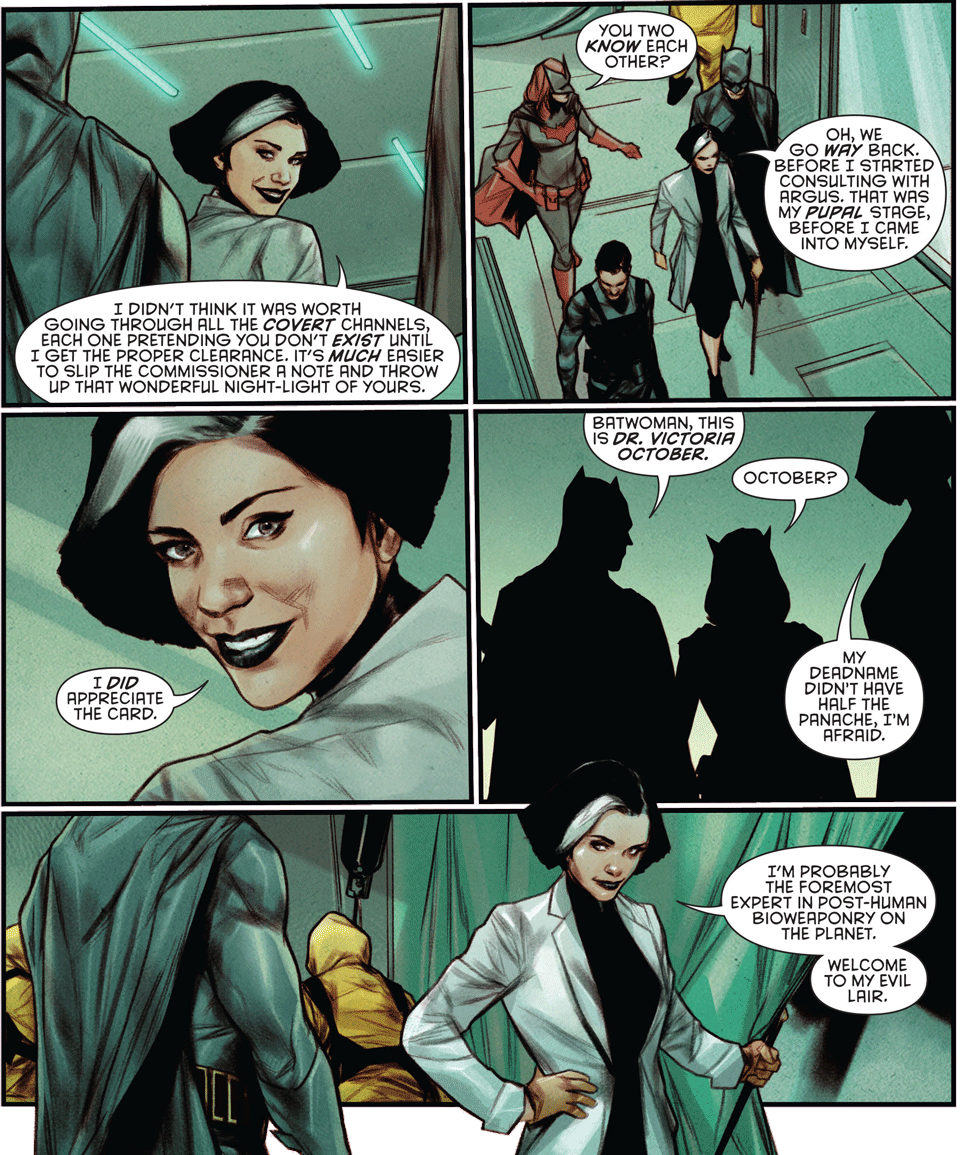It’s formalities season in Norway. The big national holiday is two weeks away, the sun is out, and every Good Child is either getting baptised or ‘confirmed’, like a good Catholic. That’s right: it’s queer trans girls going to church season. Join me for a ride through one of my favourite Norwegian mine fields!
So, a kid is getting confirmed. It’s a whole thing. Extended family will attend, and there will be a photo op. Maybe a hip local bishop performs the sacraments. And somewhere in attendance will be me, the trouble maker.
You see, my in-laws have been talking. It’s about me. What am I going to wear? They’re concerned. For the children, of course. For the sake of the children. They’re only children, Robin. They just. won’t. understand. So, amongst themselves, they have been talking about whether I could just show up in ‘normal’ clothes. But please note that they haven’t talked to me about this.
It seems that every Norwegian family has in it the willingness to turn anything into a secret. It goes well with their conflict-shy tendencies. The baffling thing, of course, is that they will have whole Socratic dialogues – where the point is that I am excluded at every turn. After a few weeks of this, my partner received a call, asking, ‘so, is everything all right? I heard something about Robin’s clothes’. That’s so radically direct I think I need to lie down for a bit.
Of course, they didn’t actually ask me anything. They didn’t ask me what I thought. They didn’t ask me for advice. They didn’t even ask me nicely if I could show up a little less obvious. And while that request is itself an assault – more on that later – I would also, at the same time, have honoured it. It’s a twelve-year-old’s special ceremony. I don’t need to upstage a child.
I am evidently granted so little trust that they can’t even ask me directly. They drop hints at my partner, who suddenly has to bear the burden of telling me that I am not welcome.
What lies beneath the surface of the request (as it has been relayed to me) is a violent dismissal of my identity: don’t look like yourself, please. I was asked to dress ‘gender conforming’, which is, emphatically, not what they think they are asking for. If they’d asked me to wear pants because, jeez, it’s church and there’s a lot of kids – and they don’t want to deal with having to explain someone like me to someone else’s children – fine! I have some really cool pieces of clothing that have seams down the middle too. It’s not a big ask. The problem is that they never even asked.
To ask it as if the clothing is this Thing that I do, as if my clothing, when more gender-ambiguous, is any less fabulous and pronounced, as if I am only who I say I am if I put on a dress, that’s the violence. And since they think of themselves as non-violent people, they will never understand.
